Estimated reading time: 12 minutes
Emergency preparedness, self-reliance, and what we call “survival skills” used to be the way of life for most people. While there are some people that still live by the old ways, more and more of these basic skills are disappearing.
That's a shame because as the modern world becomes more complex, it also becomes more fragile. A nuclear war, an EMP, a cyber attack, or simply a lack of fossil fuels could bring down the power grid and maybe keep it down forever. If that happens, the basic skills in this article will be necessary to save humanity from extinction.
Below, we list what we believe are the 15 most important skills that we absolutely cannot afford to lose. If you master just one of these skills, you'll be very valuable in a post-collapse world.
Want to save this post for later? Click Here to Pin It On Pinterest!
Animal Husbandry
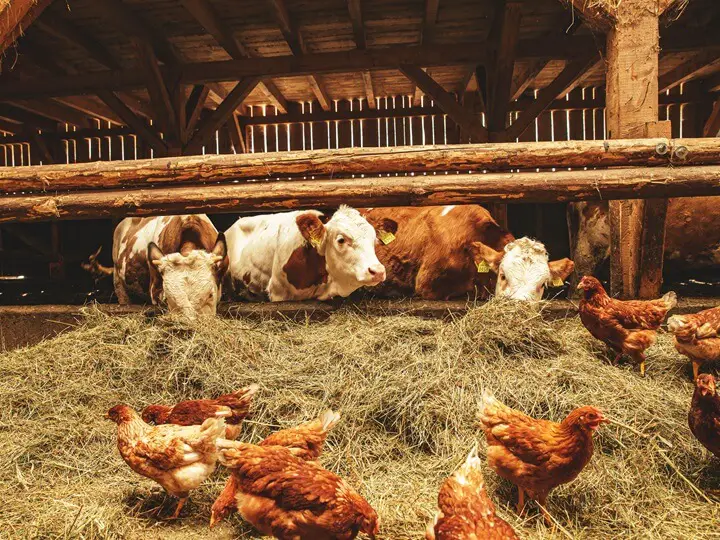
Animal husbandry is a cornerstone of off-grid living. Chickens provide a steady supply of eggs and meat, while goats offer milk and cheese. Rabbits, with their rapid reproduction and efficient conversion of feed into protein, can be an excellent meat source. Moreover, the manure from these animals enriches garden the soil.
Beyond nutrition, animals like sheep and goats help manage land by grazing, which naturally controls brush and weeds. Larger animals, such as horses or oxen, can plow fields and transport goods. There are countless reasons why this skill will be so crucial.
To learn more, I highly recommend reading The Backyard Homestead Guide to Raising Farm Animals.
Blacksmithing
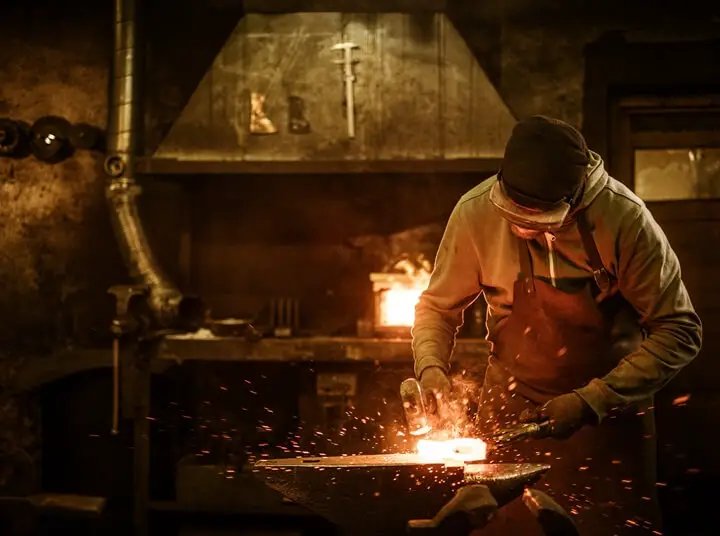
Blacksmithing is needed to repair all sorts of tools and items that are necessary for a self-sufficient community—everything from hoes and shovels to essential household items like hinges and knives. Moreover, blacksmithing is invaluable for making repairs to existing metal items, which will be crucial when replacements are no longer available.
This ability not only supports fundamental agricultural and construction activities but also fosters a barter system, which would be essential for economic recovery in a world without modern finance. Blacksmithing means preserving the capability to uphold and advance community infrastructure, making it a crucial skill in any off-grid community.
If this is a skill you'd like to learn, start by reading Blacksmithing for Beginners: 20 Secrets Every Novice Should Know Before Starting.
Building a Log Cabin
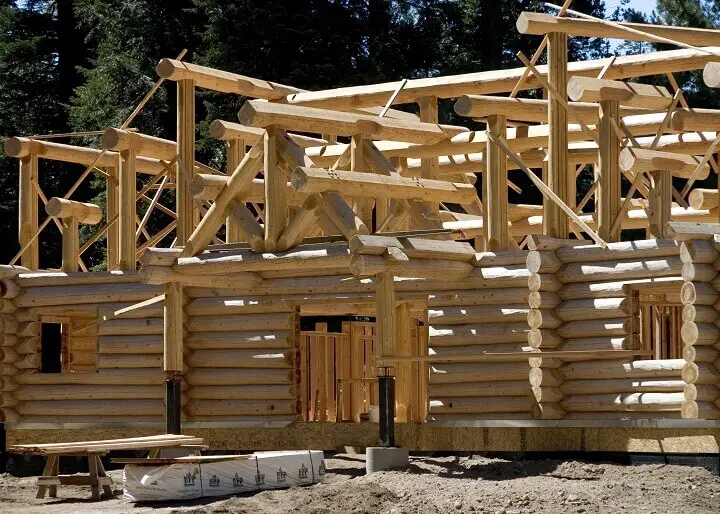
Log cabins are an ideal housing solution for off-grid communities thanks to their sustainability and reliance on locally sourced materials. Since log cabins are built from nearby trees, they reduce the need for transporting construction materials. Plus, the natural insulation of thick logs makes the cabins very energy-efficient, maintaining warmth during winter and cooler in the summer.
The skills to build a log cabin can be learned without advanced technology, making it a practical choice in scenarios where modern construction equipment no longer exist. The robustness of log structures also provides long-lasting durability and protection against the elements. These reasons and others are why so many pioneers built log cabins.
Click here for the first video in a series about building a log cabin.
Butchering
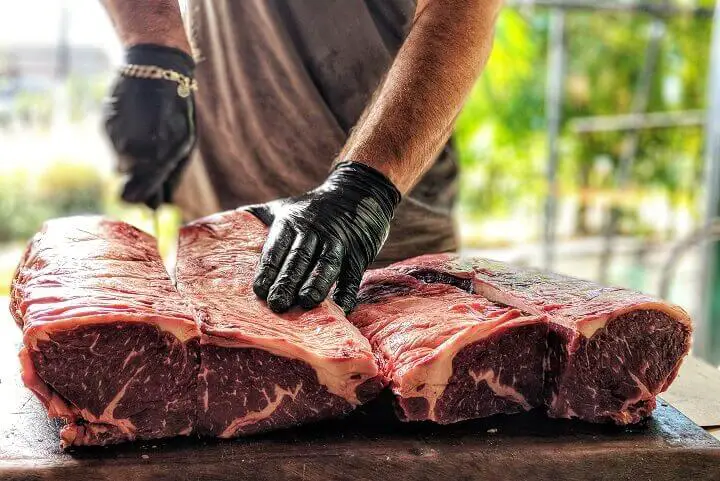
We all have to eat, but when it comes to mealtime nowadays, most of us opt for prepackaged meals or eating out at a restaurant. When was the last time you walked outside, picked up a chicken, and butchered it because you were hungry?
Of course, this does not just apply to butchering farm animals, but also to gutting and preparing wild game or fish. Put simply, if a person eats meat, then it would be wise for them to know the entire process of bringing that meat to the table.
Click here for a short video on how to clean and prepare a fish for cooking.
Cordage, Ropes, and Knots
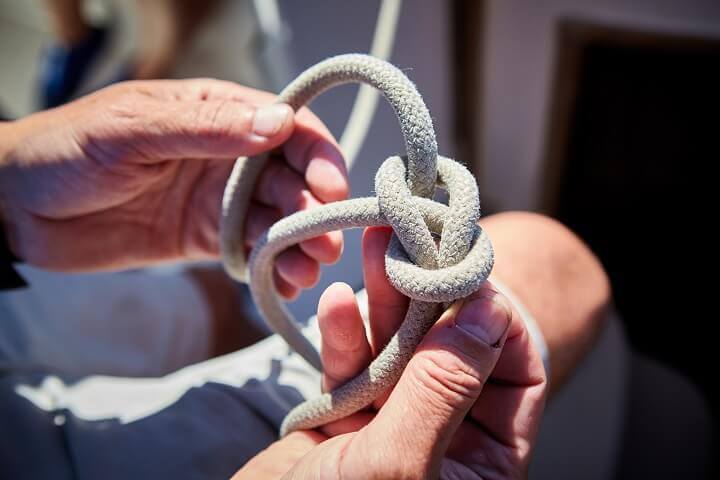
If you speak to any outdoorsman, farmer, or homesteader, they'll tell you the importance of knowing a few good knots. Most people probably don’t get any more involved in knots than what it takes to tie a pair of shoes or to wrap a ribbon around a present.
But back in the day and for those still “living off the land,” knowing what type of knots to use for various tasks at hand could determine success or disaster. Knots enable us to secure loads, tow objects, lift or lower heavy items, rescue people, and many other things.
To learn more about knots, check out Paracord Projects for Camping and Outdoor Survival or The Little Book of Incredibly Useful Knots.
Herbal Medicine
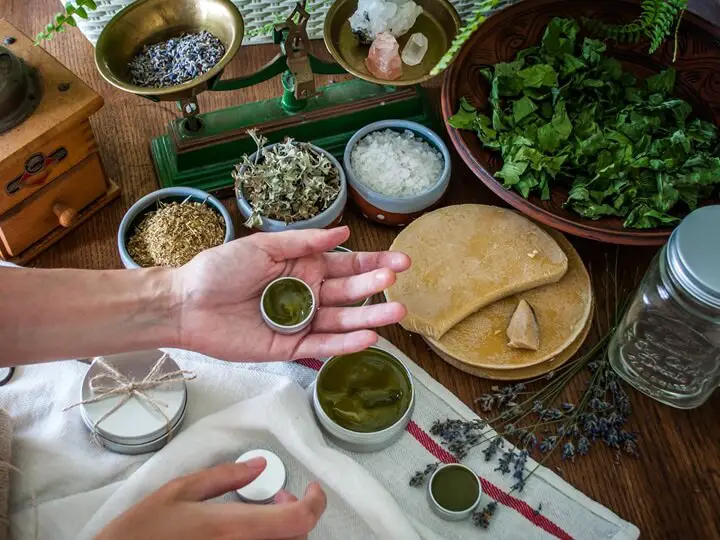
Long before the corner pharmacy, our ancestors relied on the natural world for healing. Knowledge of which plants could treat infections, alleviate pain, or reduce inflammation was a prized skill.
Today, learning how to create salves, tinctures, and teas from medicinal herbs not only connects us with our past but also provides an empowering alternative to conventional medicine.
For an introduction to making your own herbal medicine, check out The Herbal Medicine-Maker's Handbook or find a local workshop on herbal remedies. Having a teacher that can answer your questions is very important when dealing with things you ingest.
Identifying Plants and Trees
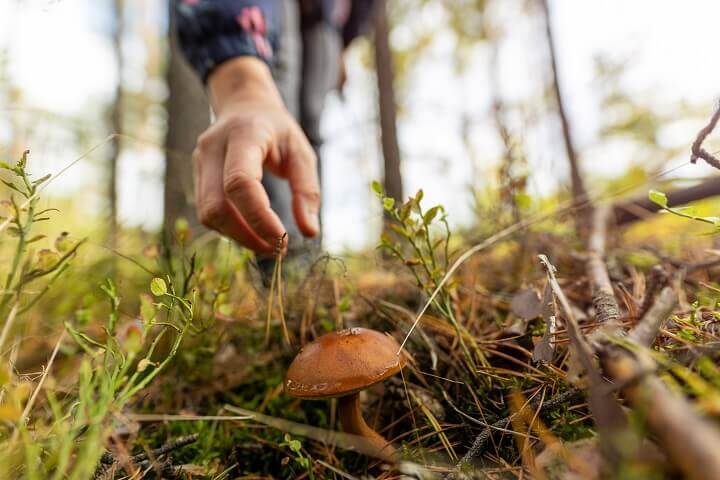
Nowadays, people struggle to identify plants or trees that are in their yard. Being able to identify plants and trees use to be a vital skill.
While some species are poisonous and are best kept at a distance, many others are incredibly useful. They can be used for making shelter, furniture, tools, clothing, medicine, and food. Knowing what is useful and what is not in your surroundings is important and can certainly have an impact on your life.
To learn more about identifying plants or trees, check out Midwest Foraging: 115 Wild and Flavorful Edibles from Burdock to Wild Peach or National Audubon Society Field Guide to North American Trees or A Field Guide to Trees and Shrubs.
Making Clothes
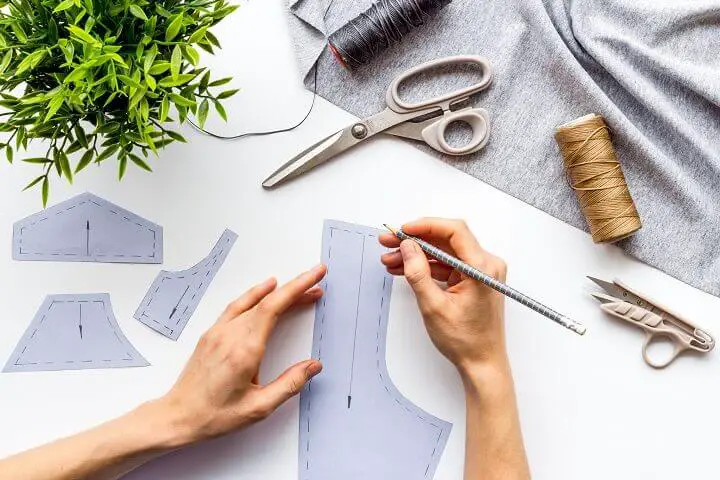
You don’t have to go that far back in time to find people that made their clothes. Back then, it was cheaper to make clothes rather than purchase them brand new, and to some degree, that is still true. Even if people didn’t make their wardrobe entirely from scratch, some of it was, but more importantly, they knew how to do it when the need arose.
If you needed to, could you make basic clothing such as a shirt, pants, or socks? If not, start checking out some resources like this video that shows you how to get started.
A good book for this is Ultimate Illustrated Guide to Sewing Clothes.
Making Tools
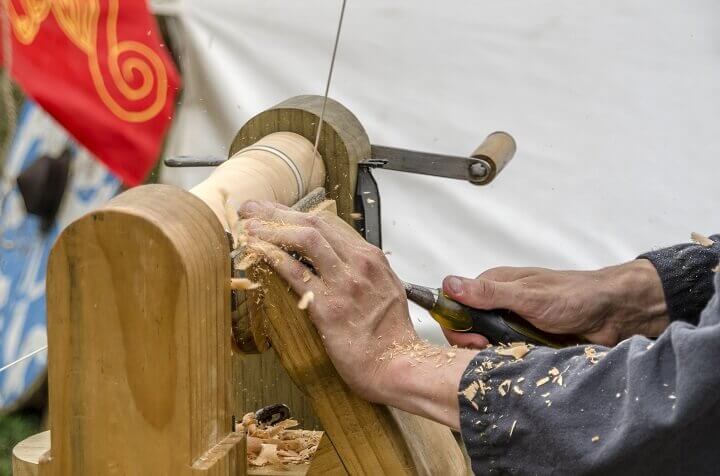
There is something very satisfying about fixing an item or taking on a building project. However, a person does need some tools to do so. But what if you could not go to a store and purchase them, what if your budget didn’t allow for it? You might be surprised at the kinds of tools you can make with limited resources.
To illustrate this point, here are two videos showing how to make a pole lathe and a wood shovel. Both are constructed with basic tools and without power.
Navigation
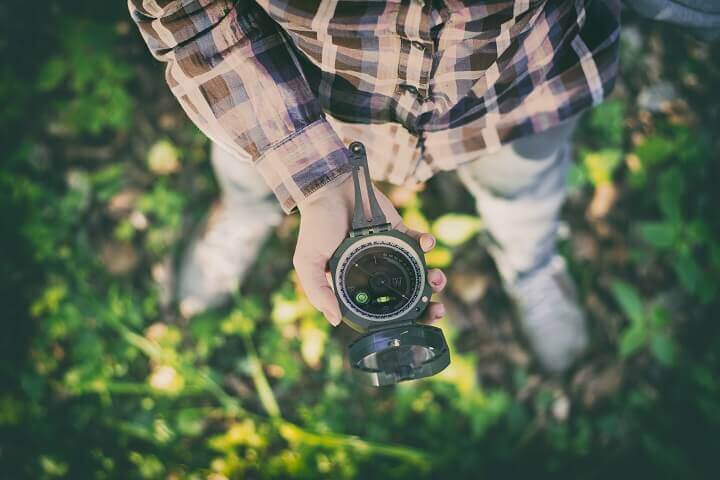
We are nearing the point where remembering how to navigate without GPS or modern technology is becoming increasingly difficult. With the push of a button, we are told exactly how to get somewhere, the quickest route, the exact distance, and our position along the way.
Instead of relying on precise directions from a screen, there was a time when people were guided by the stars, the sun, rudimentary compasses, paper maps and even directions that were given by word of mouth.
Knowing how to navigate without modern technology isn’t just a hobby but it should be a skill that everyone learns. You never know when or where you might be when you find yourself without any power.
To learn more about navigational skills, check this book on Essential Wilderness Navigation.
Obtaining Drinking Water
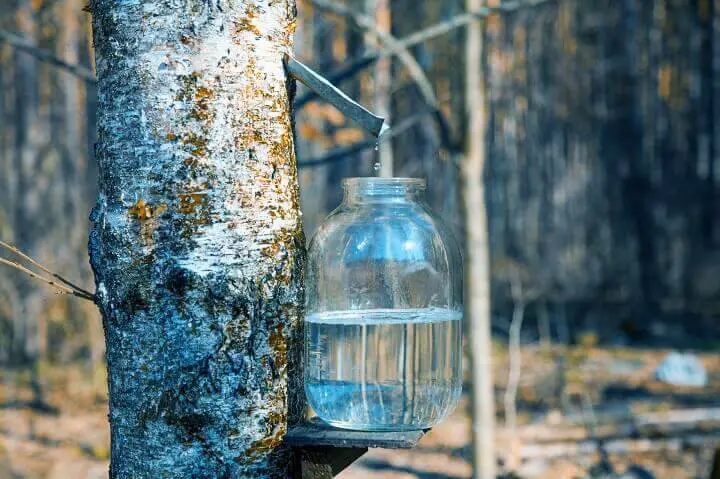
Finding water is not all that difficult if you are near a source such as a river or a lake, but we do not always have the luxury of being near such an obvious source. In that situation, a person will need to know how to obtain water from vegetation, know how to track water down, or know how to drill a well.
Finding water is only half the battle. It is equally important to know how to filter and purify water to make it safer to consume.
Click here for a short video on how to source and purify water in the wild.
Preserving Food
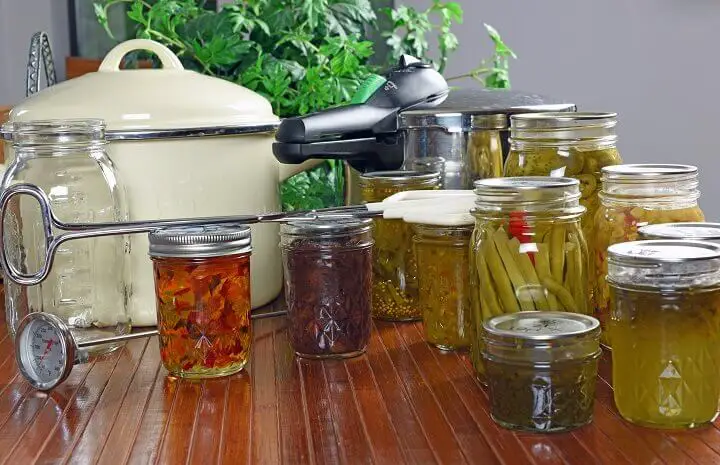
Most of us don’t think much about food preservation other than to put an item into the freezer. Food preservation doesn’t just rely on freezing though. Smoking, salting, canning, dehydration, and other methods have long been used to increase the shelf life of food
For a quick introduction into how to preserve meat by smoking, click here.
Sewing
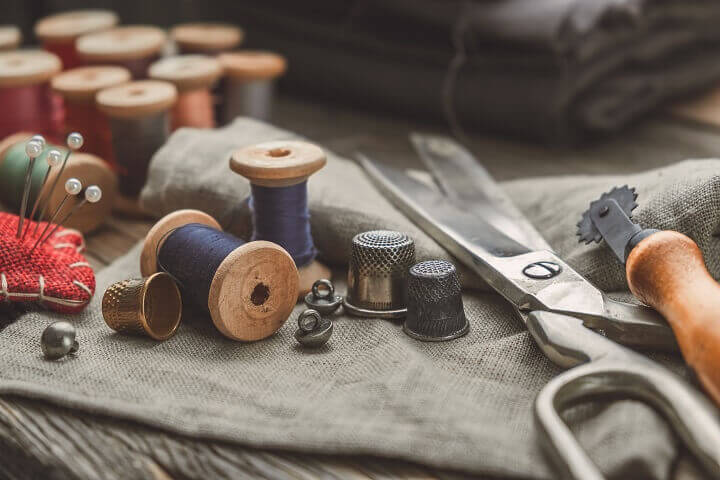
This one is like the skill previously mentioned but it's not as involved. Okay, so you may not make clothes completely from scratch, but can you repair an item if it becomes torn or has a hole in it?
Traditionally, sewing has been looked upon as feminine activity, but that shouldn’t stop you from learning. There have been plenty of men who were tailors as well as men that had to repair their clothing or gear while out on the trail.
Check out this link to see a basic sewing tutorial.
Soap Making
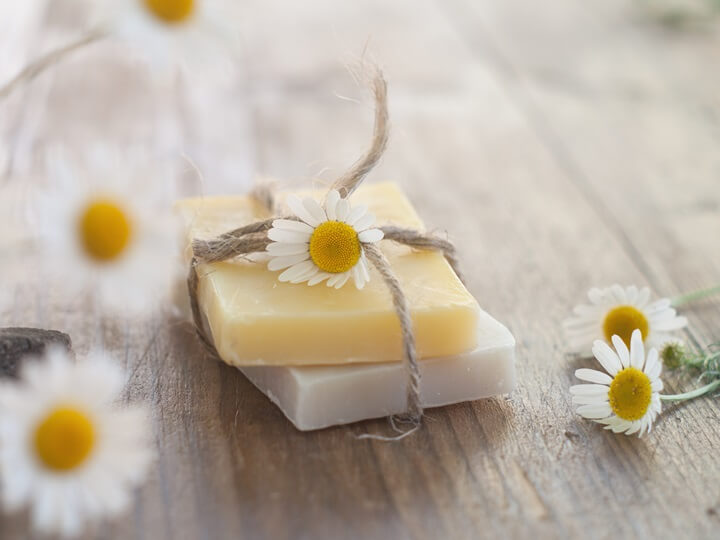
In the absence of commercially produced soaps, knowing how to make soap from natural ingredients like fats, lye, and essential oils ensures basic hygiene and cleanliness. This skill not only promotes self-sufficiency but also supports sustainable living practices.
These skills complement the existing ones by enhancing self-reliance and adaptability in various survival and off-grid scenarios, aligning with the ethos of preserving and passing down traditional knowledge.
Here's a good book to start with: The Natural Soap Making Book for Beginners.
Starting a Fire
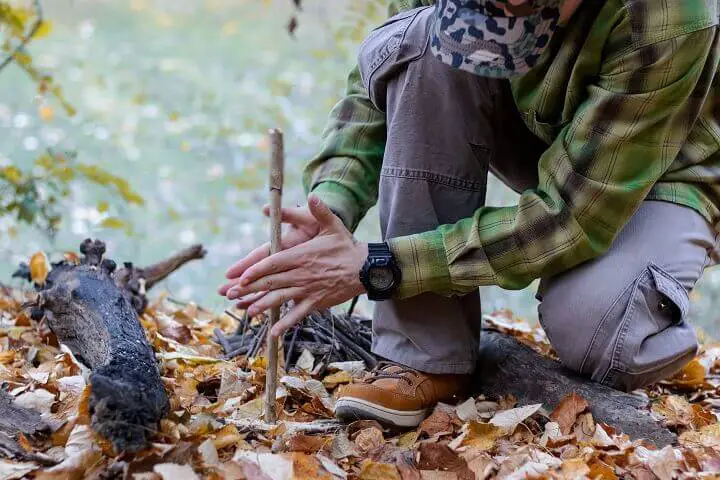
Almost everyone can start a fire in perfect conditions with a lighter. However, we all know that nature doesn’t always cooperate and something as convenient as a lighter may not be available. There are different kinds of environments with different resources, and there are many kinds of ignition tools that can be used.
Challenge yourself by using different tools in unfair conditions and in environments that are out of your comfort zone. By practicing the above, you will be well versed in starting a fire in almost any situation.
To learn more about starting a fire without matches, click here. For information on how to start a fire in the rain, click here.
Conclusion
It's amazing to look back at the type of skills people used frequently and compare them to how things are done today. Certain skills have changed in their methods, and while some of them are fading into the background, others have found their way back into the spotlight.
In recent years, many “lost skills” have found their way back into the mainstream due to the rising popularity in prepping, homesteading, emergency preparedness, and people just wanting to be more self-reliant.
It’s fun to learn something new, and if you're looking for a hobby or if you're just wanting to expand your knowledge base, try picking up one of the basic skills listed in this article. It will help to keep that information from being forgotten, and it will make you a valuable member of society should the unthinkable happen.
Like this post? Don't Forget to Pin It On Pinterest!
You May Also Like:



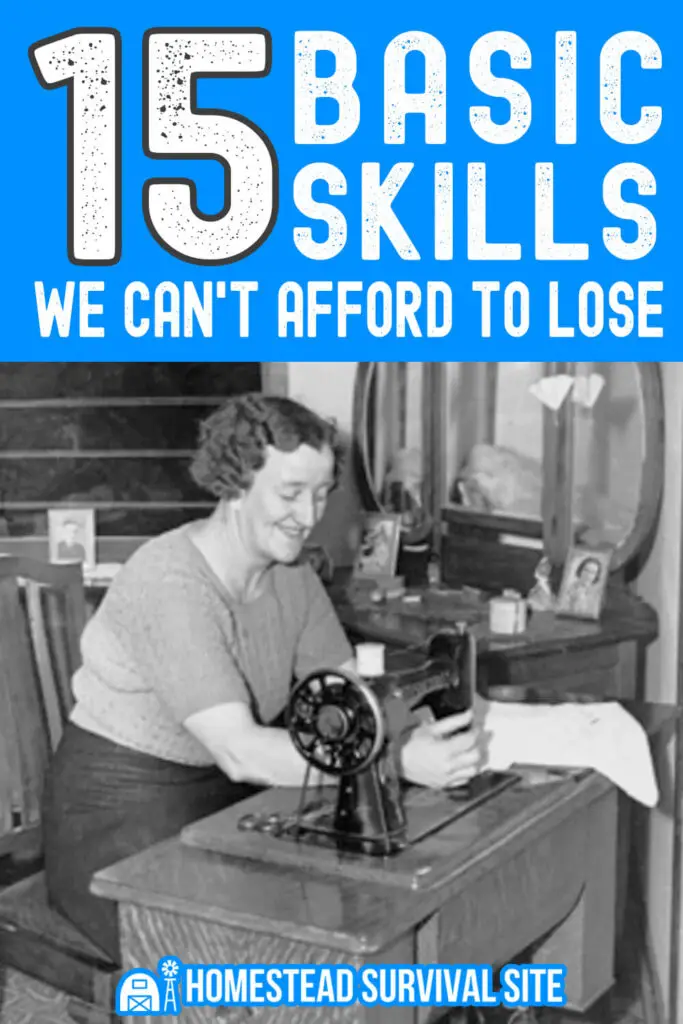

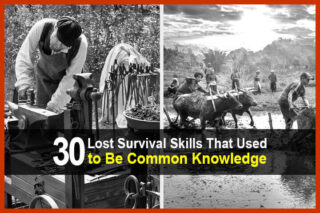

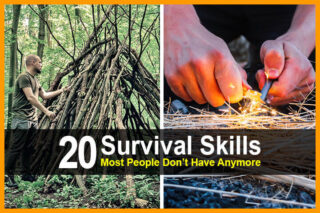

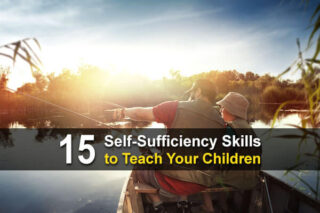
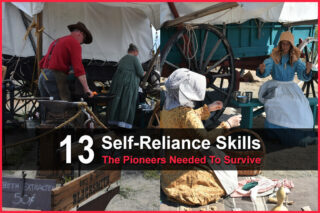

Washing clothes, is one that would throw people for a loop. Having to do them by hand hand in a bucket and not having a modern machine to do the work for you. After Washing your weeks worth of laundry by hand, you would have a deeper understanding of the word, work! And understand instantly how blessed we are with our modern machines of all kinds we have in our lives and how much we rely on them to do the work for us. A task that could take us almost all day to do by hand, the machine can do better, in 1hr or less. Also a machine can do load after load all day with consistent quality, and never tires of the job.
I can sew, and have some skill at building a fire, but making my on clothing forget it. I will most definately need to learn how to preserve food, as i was never taught that skill.
I lived in a grew up in the city, what can I say.
The city location is good! No shortage of meat walking around (AND BREEDING! so there’ll never be a shortage. No refrigeration need, nor pickling etc. And if a body (or part of it is foundin the lane….well that’s to be expected if yoiu live in the city anyway. 🙂
How to grow your own Is fruit and vegetables. How to raise and take care of farm animals. How to trade. How to live in a colony. Everyone is socially awkward in their neighborhoods they don’t communicate like they used to. Not everyone socializes in their neighborhoods. I’m afraid people wouldn’t know how to work together if it came down to a disaster .Do it due to the awkwardness.